News and Opinion
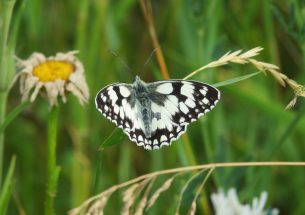
Rolling wildflower blocks: benefits for biodiversity
READ MORE about Rolling wildflower blocks: benefits for biodiversity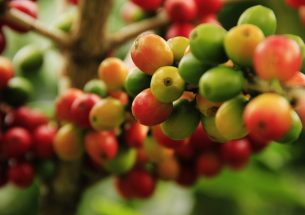
Biodiversity loss has knock-on effects on global markets
READ MORE about Biodiversity loss has knock-on effects on global markets
Losing the cover of darkness
READ MORE about Losing the cover of darkness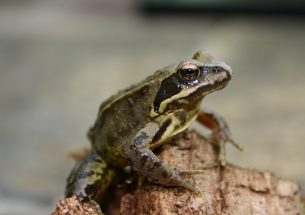
Protecting our most threatened and vulnerable: What does the future hold for the Wildlife and Countryside Act?
READ MORE about Protecting our most threatened and vulnerable: What does the future hold for the Wildlife and Countryside Act?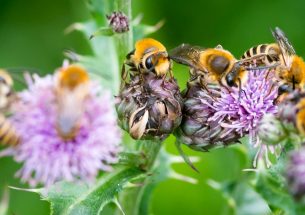
Research demonstrates value ‘injurious weeds’ can bring to both pollinators and biodiversity
READ MORE about Research demonstrates value ‘injurious weeds’ can bring to both pollinators and biodiversity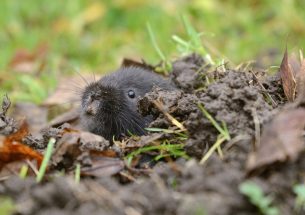
Interactive map helps protect one of the UK’s most threatened mammals
READ MORE about Interactive map helps protect one of the UK’s most threatened mammals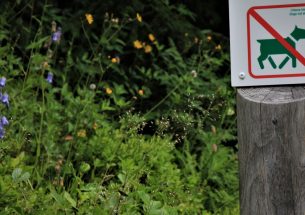
Dog faeces and urine could be harming nature reserves, according to new study
READ MORE about Dog faeces and urine could be harming nature reserves, according to new study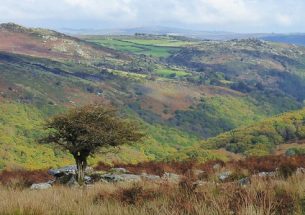
Study explores how temperate rainforests can aid the fight against climate change
READ MORE about Study explores how temperate rainforests can aid the fight against climate change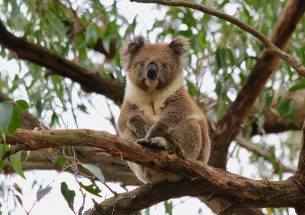
New conservation tool calculates the optimal time to spend researching a habitat before protecting it
READ MORE about New conservation tool calculates the optimal time to spend researching a habitat before protecting it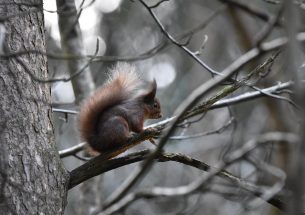
New research shows that current national red squirrel conservation strategies likely to undermine species survival in future
READ MORE about New research shows that current national red squirrel conservation strategies likely to undermine species survival in future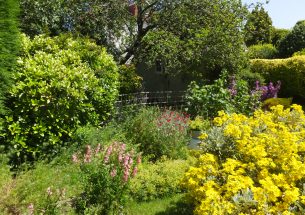
Urban gardens are a dependable food source for pollinators through the year, study suggests
READ MORE about Urban gardens are a dependable food source for pollinators through the year, study suggests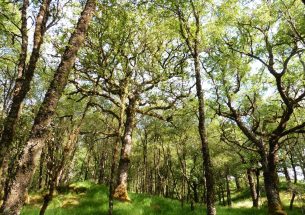
Loss of tree species has cumulative impact on biodiversity
READ MORE about Loss of tree species has cumulative impact on biodiversity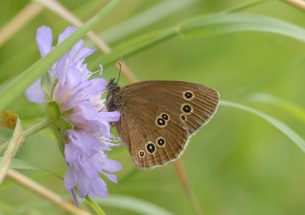
Woodland and hedgerow creation will be crucial to support pollinators in Wales
READ MORE about Woodland and hedgerow creation will be crucial to support pollinators in Wales
A Super Year for Nature in Scotland
READ MORE about A Super Year for Nature in Scotland